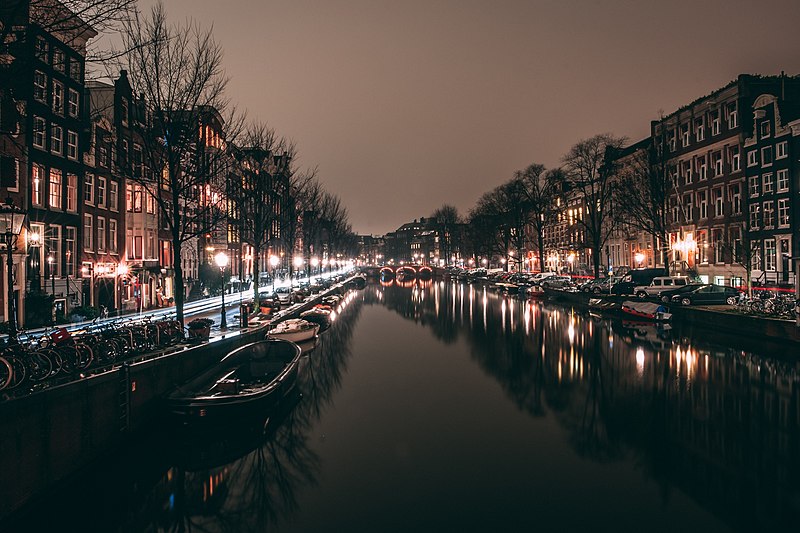
Women in the Netherlands report feeling unsafe in various public spaces, particularly in public transport and stations, forests, parks, and entertainment venues.
A survey conducted by Pointer and AD, involving over 7,400 women, reveals significant concerns about safety in these areas.
According to the survey, 91 percent of women feel unsafe in train, metro, and bus stations, 82 percent in public transport, 90 percent in parks and forests, and 74 percent in bars and clubs.
Three-quarters of the women surveyed fear that something could easily happen to them in these places, with over a third having already experienced incidents. The sense of fear is most pronounced during the evening and night.
To mitigate these fears, 94 percent of women alter their behavior to feel safer in public spaces. They avoid certain areas after dark, choose alternative routes, pretend to be on a call, or share their live location with friends or family. About 20 percent carry light weapons like pepper spray or hold their keys between their knuckles for self-defense.
Despite these widespread concerns, public transport companies' passenger surveys do not reflect the same level of perceived danger. For instance, nearly all train stations score well in NS's Station Experience Monitor. NS, the Dutch rail company, acknowledged that while they note the gender of respondents regarding safety, they do not analyze the data by gender and are even considering removing the 'gender question' from their survey. They stated, "We want everyone to feel safe on our trains and at our stations. So we do not make a separate policy for men/women/other groups."
Krista Schram, a researcher in Public Trust and Safety at InHolland, criticized this approach. "The safety of women is not taken into account enough. Men and women prioritize different aspects of safety. For example, women do not feel safer because of cameras or enforcement officers at the station. It does help if there is informal social control at a station," she told Pointer.



































